I was reading the answer to this question - Swift native functions to have numbers as hex string - and that is exactly what I want to do. However, when I try this in a playground:
let str = String(num: 123.55, radix: 16);
print(str)
This is printed:
(123.55, 16)
Why is it formatting it that way?
The same thing happens for what it's worth if I use a whole number, E.G., 123.
